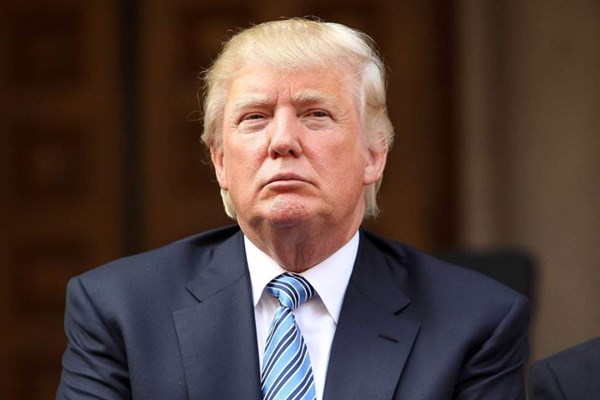EU rejects Trump’s proposal to bring Russia back into G7
US President Donald Trump’s proposal to return to the Group of Eight (G8) format, inviting Russia to the negotiations between the seven developed countries as a full-fledged participant, has not found support in the EU.
Germany, France, Italy and the UK unanimously opposed the motion, advisers to French President Emmanuel Macron told AFP.
According to them, the European leaders’ stance was agreed upon during talks initiated by France on June 8, the day before the opening of the annual G7 session in Canada.
On his way to the summit, Trump suggested that the format be expanded to G8, bringing Russia back into the informal club of the world’s key countries, after its expulsion in 2014 when it annexed Crimea.
“It may not be politically correct, but whether you like it or not, we have to solve world problems. Now Russia should be let back, because we need it at the negotiating table,” Trump said.
The US president’s idea was supported by Italian Prime Minister Giuseppe Conte, who said on Twitter that Russia’s return and the renewal of the G8 format would be in “everyone’s interests”.
During the talks, Conte’s European counterparts were able to convince him to stand down, AFP’s sources claim.
“The European stance is not to bring Russia back,” Macron’s spokesperson told the news agency, adding that during the talks the “possibility of establishing dialog” with Moscow was brought up.
The G8 format is out of the question for Russia at present, because the member states of the informal club have shared values, the most important of which is compliance with international law, German Chancellor Angela Merkel said on June 6. Russia has violated this principle with its “flagrant” annexation of Crimea, she remarked.
The G7 was expanded to the G8 in 1998, when Russia became a full member. Until then, it had participated with guest status.
After Russia annexed Crimea, the other member states refused to travel to the upcoming G8 summit in Sochi. In March 2014, Russia was excluded from the club, and it became the G7 once again.
The G7 currently comprises of Germany, the US, Canada, Japan, France, the UK and Italy.
